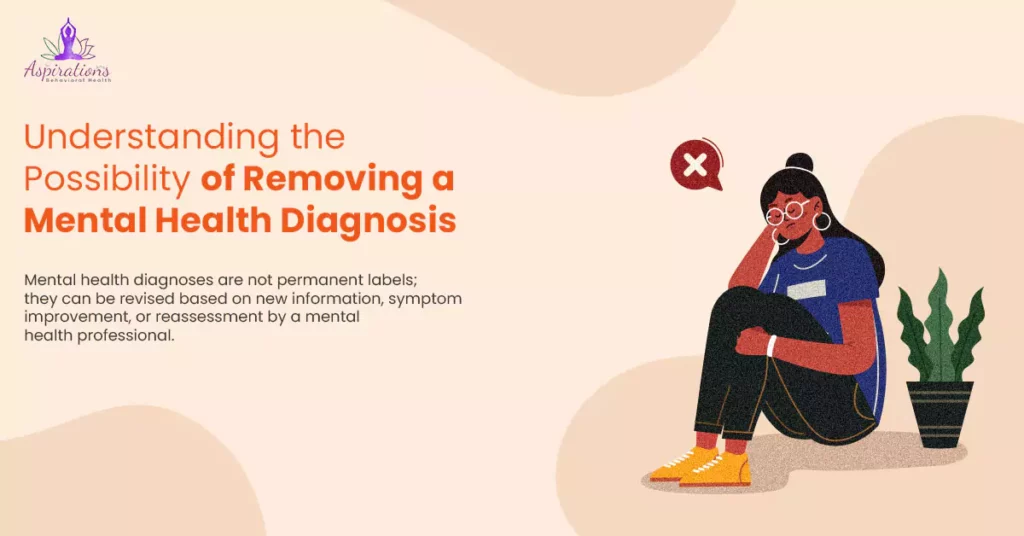A mental health diagnosis can be removed or changed.
Mental health diagnoses are not permanent labels; they can be revised based on new information, symptom improvement, or reassessment by a mental health professional.
Treatment, therapy, and lifestyle changes can contribute to symptom reduction or remission, leading to a reassessment of the diagnosis. It’s important to consult with a qualified mental health professional for an accurate evaluation and appropriate treatment options rather than just wondering can a mental health diagnosis be removed.
Can A Mental Health Diagnosis Be Removed
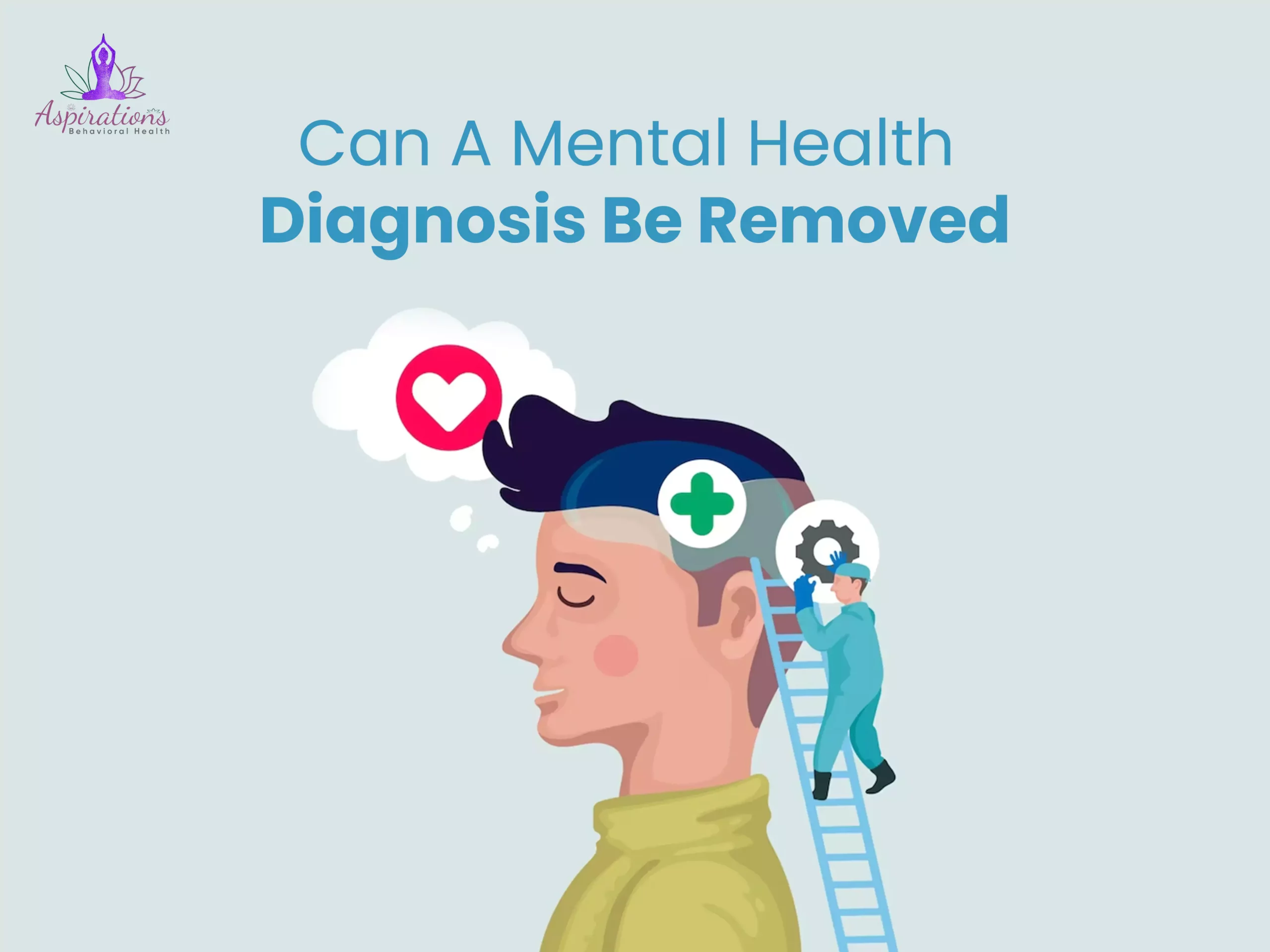
Qualified professionals assign Mental health diagnoses based on an assessment of an individual’s symptoms, behaviors, and personal history. While diagnoses serve as a framework for understanding and treating mental health conditions, they are not necessarily permanent labels.
It is possible for a mental health diagnosis to be removed or changed over time. Here are some important factors to consider:
1) Reassessment and Reevaluation:
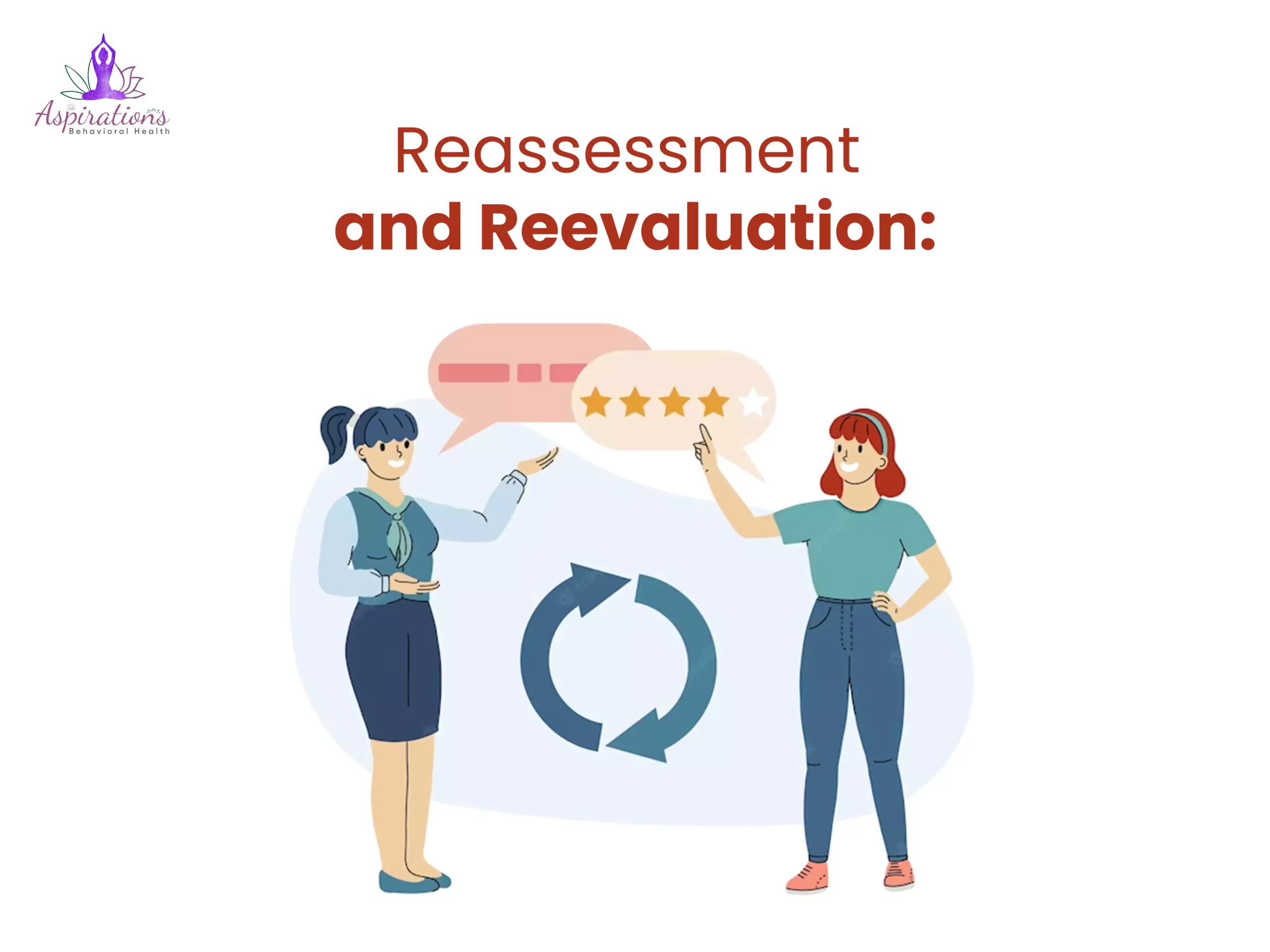
Mental health diagnoses are not set in stone. Over time, symptoms may change, new information may emerge, or a person’s circumstances may evolve.
In such cases, seeking a reassessment and reevaluation from a qualified mental health professional is crucial. They can review the individual’s current symptoms and adjust the diagnosis if necessary.
2) Treatment and Symptom Improvement:
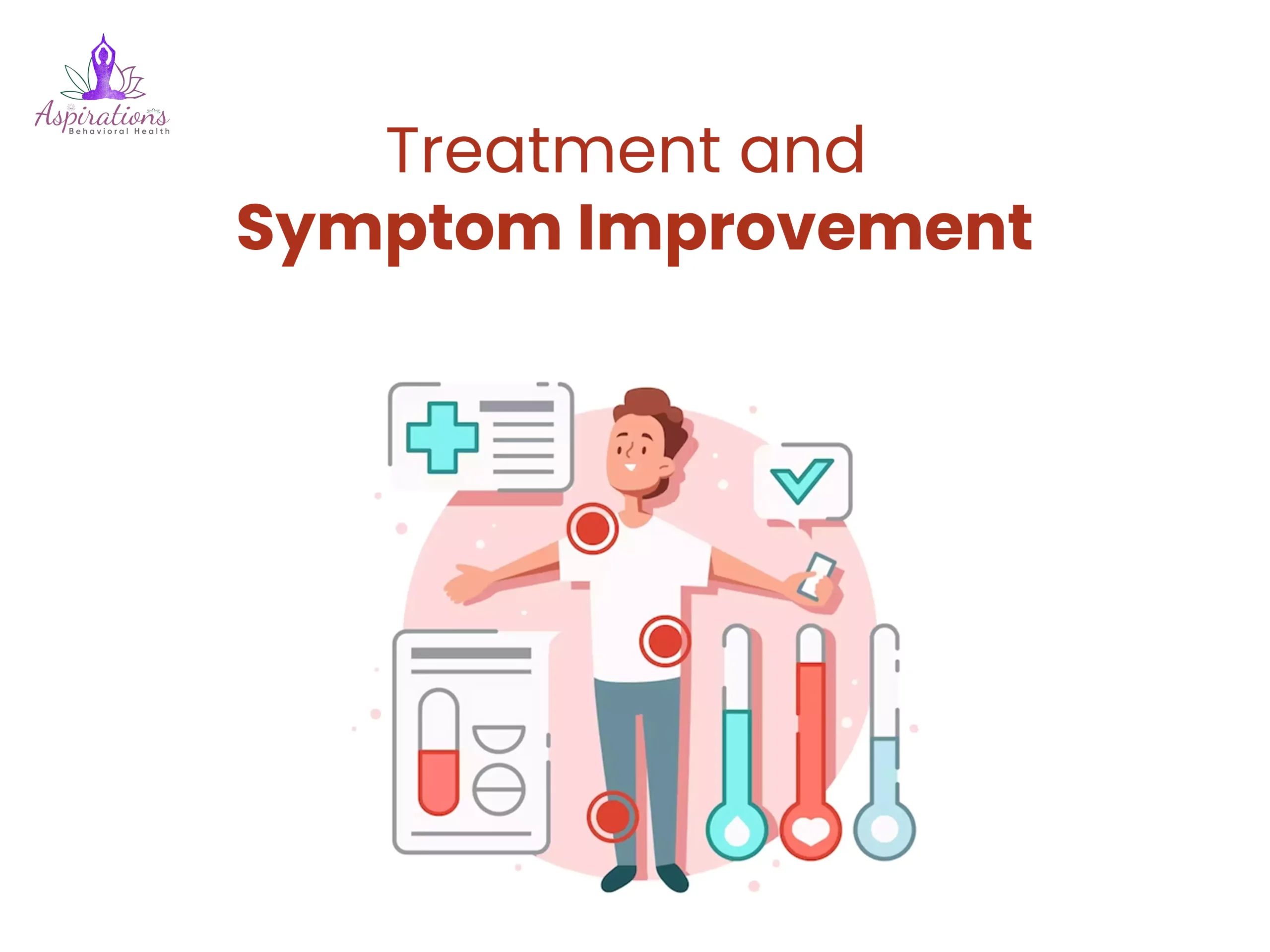
Effective treatment, therapy, and lifestyle changes can lead to significant symptom reduction or even remission of mental health conditions.
If an individual responds positively to treatment interventions, experiences substantial improvement in their symptoms, and demonstrates functional recovery, a mental health professional may consider revising or removing the initial diagnosis.
3) Long-Term Follow-up:

Long-term follow-up is essential to track an individual’s progress and ensure the accuracy of their diagnosis.
Mental health conditions can be complex, and ongoing monitoring allows professionals to adapt treatment plans and make any necessary adjustments to the diagnosis if symptoms persist, change, or re-emerge.
4) Diagnostic Criteria Updates:
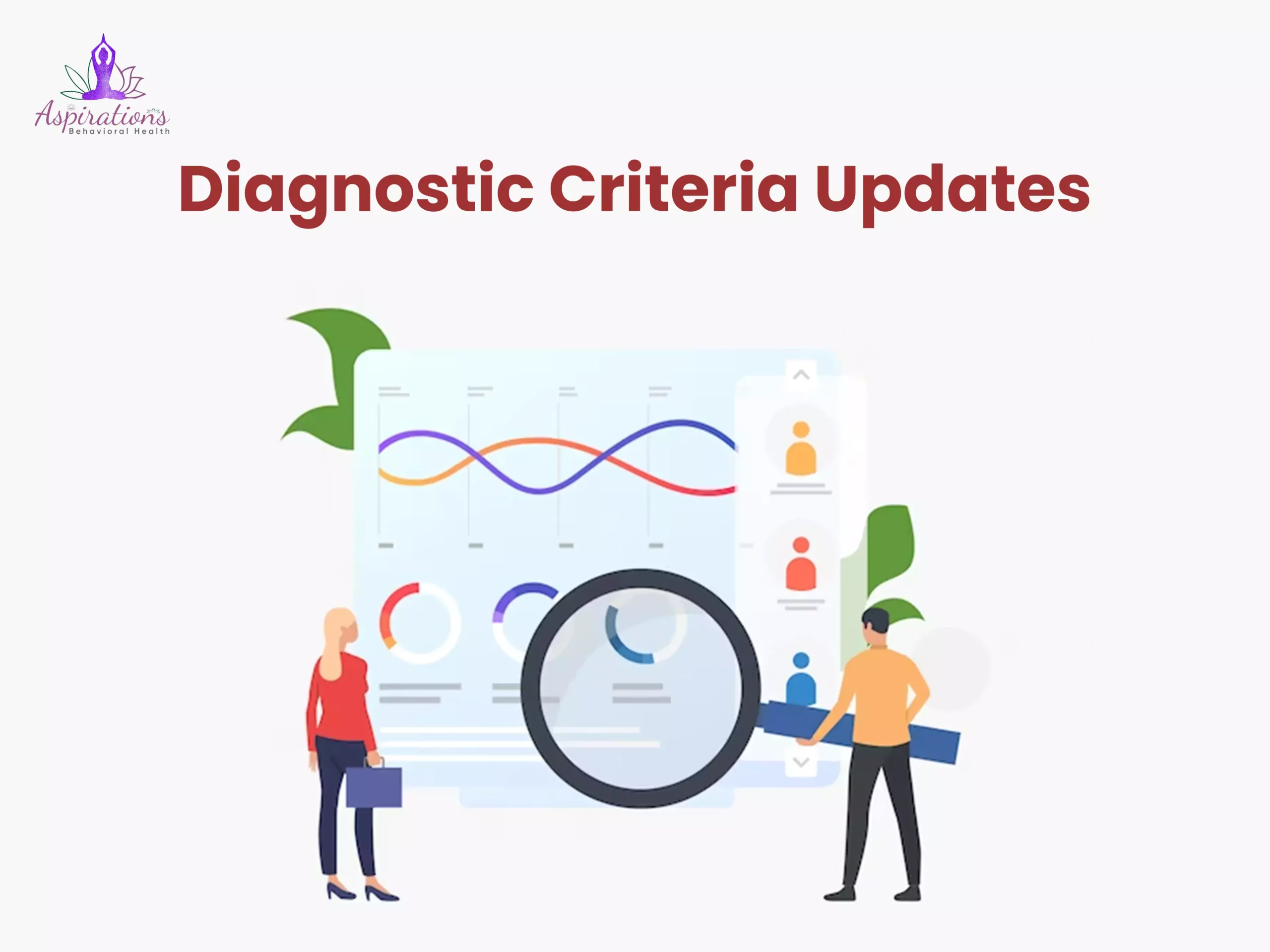
The mental health field continuously evolves, with new research, understanding, and revisions to diagnostic criteria.
These changes are reflected in updated diagnostic manuals like the Diagnostic and Statistical Manual of Mental Disorders (DSM). As diagnostic criteria are refined and expanded, it is possible for a diagnosis to be modified or reclassified, leading to the removal or change of a previous diagnosis.
4) Collaborative Decision-Making:

Decisions regarding removing or modifying a mental health diagnosis should be made through collaborative discussions between the individual and their mental health professional.
Open communication, sharing of experiences, and integrating multiple perspectives contribute to the accuracy and relevance of the diagnosis, ensuring that it aligns with the individual’s current experiences and needs.
Can A Mental Health Diagnosis Be Used Against You
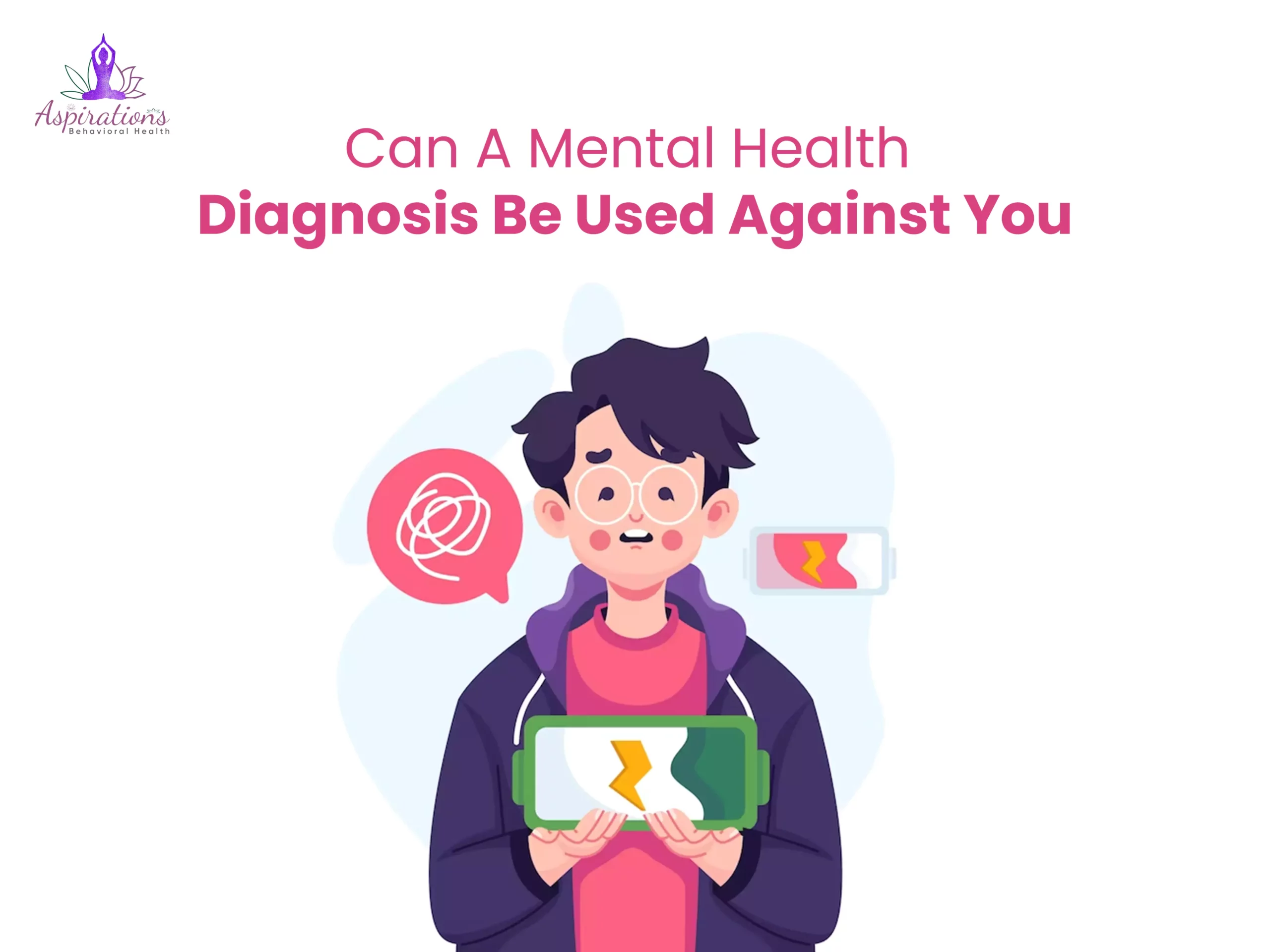
While mental health diagnoses are intended to guide treatment and support, there are situations where they can be used against individuals, leading to potential stigma, discrimination, or negative consequences. Here are some key points to consider:
1) Stigma and Prejudice:
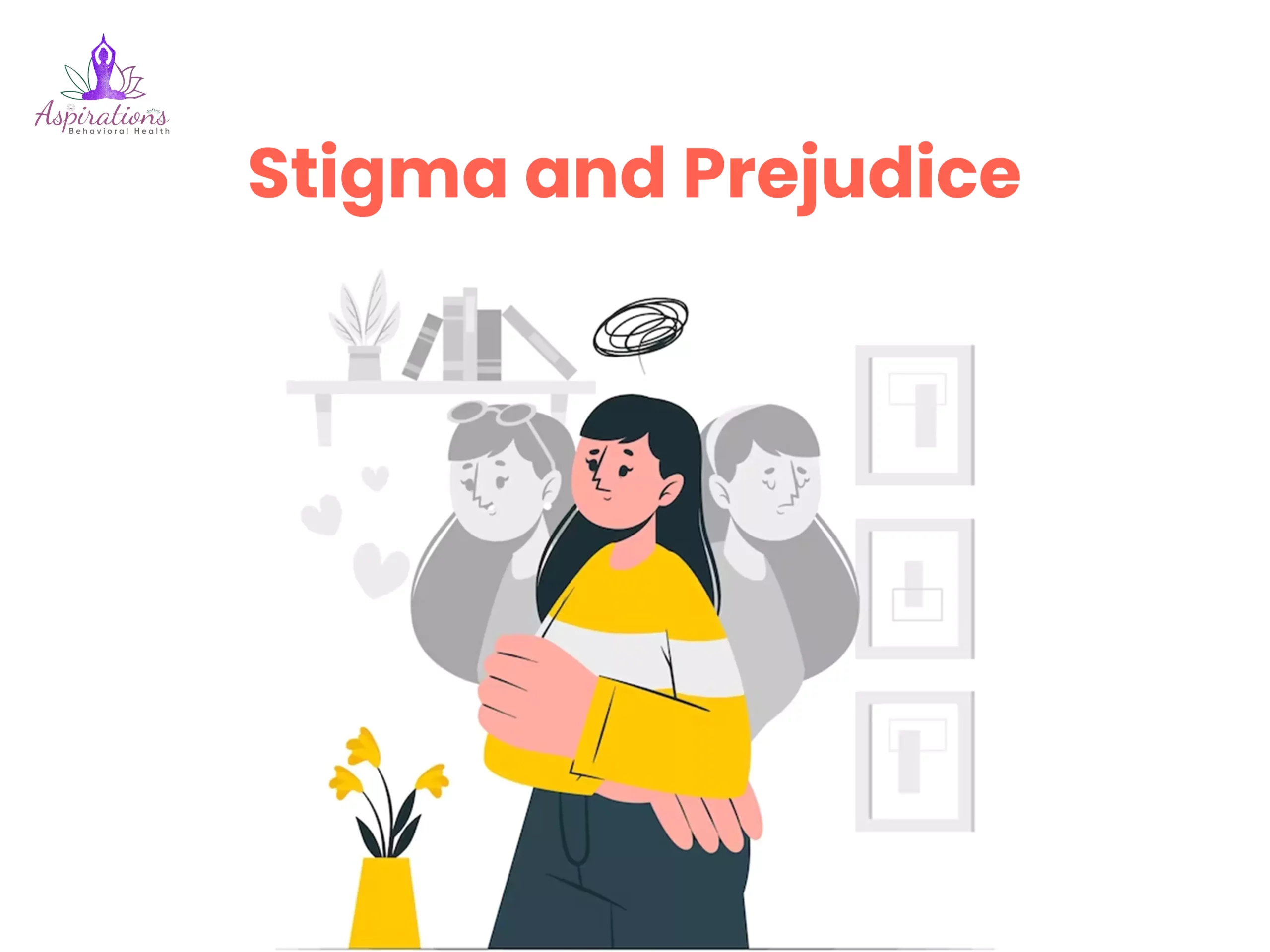
Mental health diagnoses may still carry societal stigma and misconceptions, leading to discrimination and bias.
Negative stereotypes associated with specific conditions can result in individuals being treated differently or unfairly in various areas of life, such as employment, housing, and relationships.
2) Employment Discrimination:
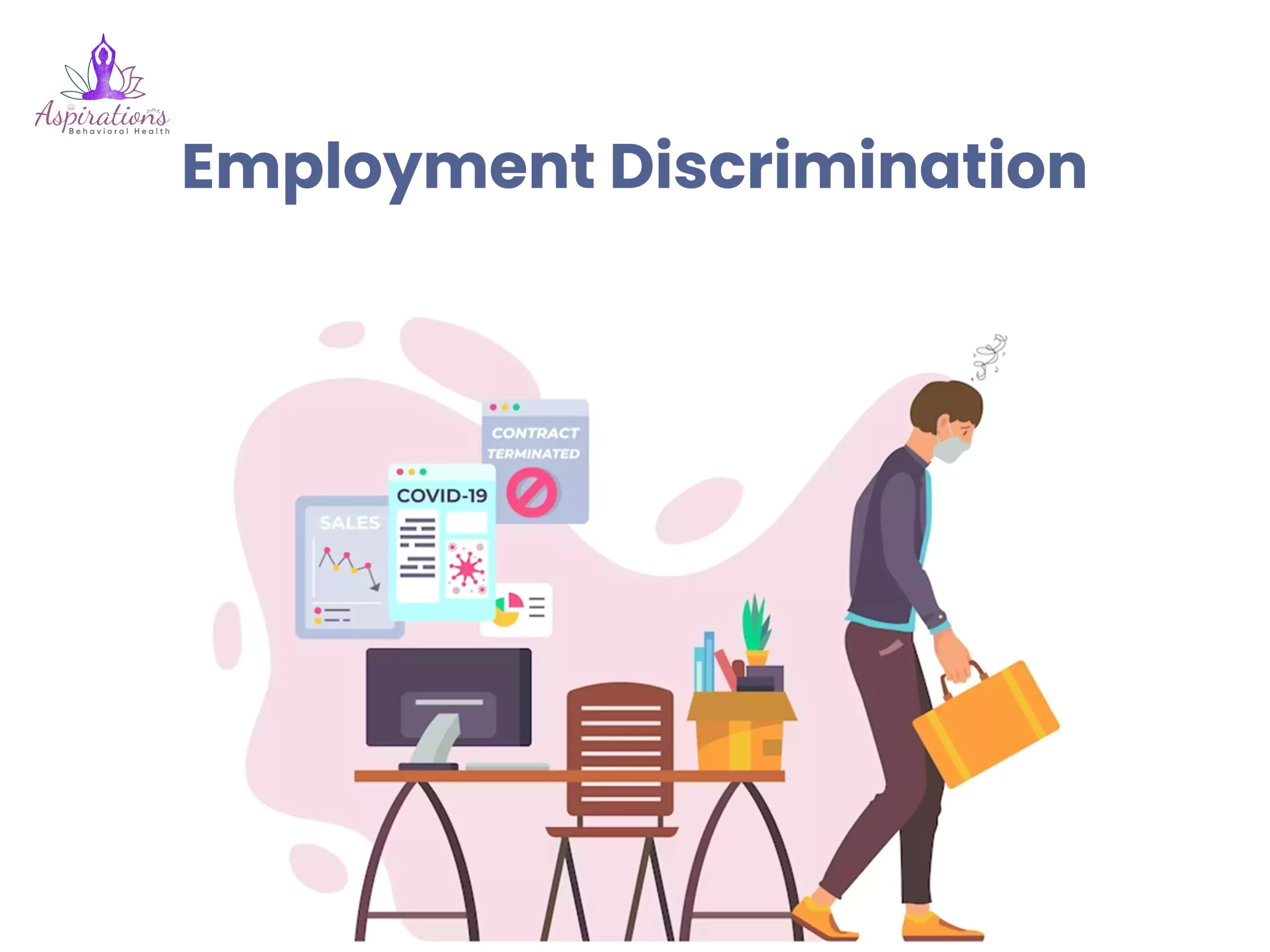
Employers may misuse mental health diagnoses to make hiring decisions or deny promotions, assuming that individuals with such diagnoses cannot perform their job responsibilities effectively. This can limit career opportunities and perpetuate discrimination in the workplace.
3) Insurance Coverage:

Some insurance providers may use mental health diagnoses to deny coverage or increase premiums.
Individuals with pre-existing mental health conditions might face challenges in obtaining comprehensive coverage or affordable rates, impacting access to necessary treatment and support.
4) Legal Proceedings:
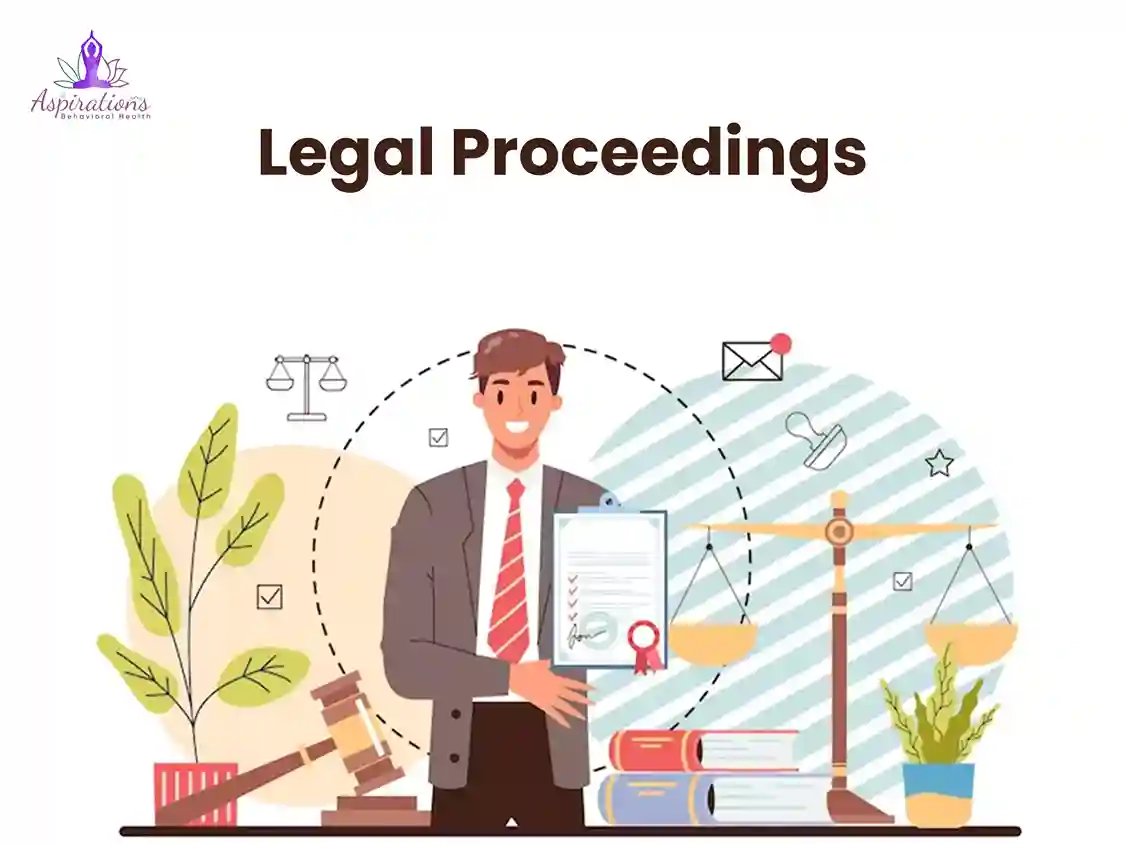
In certain legal proceedings, mental health diagnoses can be exploited or misused. For example, in custody battles or court cases, an individual’s mental health history might be brought up to undermine their credibility or suggest an inability to fulfill specific roles or responsibilities.
5) Personal Relationships:

Disclosure of a mental health diagnosis can sometimes lead to strained relationships or social isolation.
Friends, family members, or romantic partners may harbor biases or misunderstandings about mental health, impacting their perceptions and interactions with the diagnosed individual.
6) Privacy and Confidentiality:

Confidentiality breaches by healthcare providers or breaches of personal health information can result in the unauthorized disclosure of mental health diagnoses.
This can lead to unintended consequences, such as discrimination or harm to an individual’s reputation.
How To Dispute A Mental Health Diagnosis
Disputing a mental health diagnosis can be a complex process, but it is possible to challenge or seek clarification regarding a diagnosis.
Here are some steps to consider when disputing a mental health diagnosis:
1) Gather Information:

Educate yourself about the specific mental health condition you have been diagnosed with.
Understand the diagnostic criteria, symptoms, and typical assessment methods. This knowledge will help you better articulate your concerns and provide a basis for discussion with mental health professionals.
2) Seek a Second Opinion:
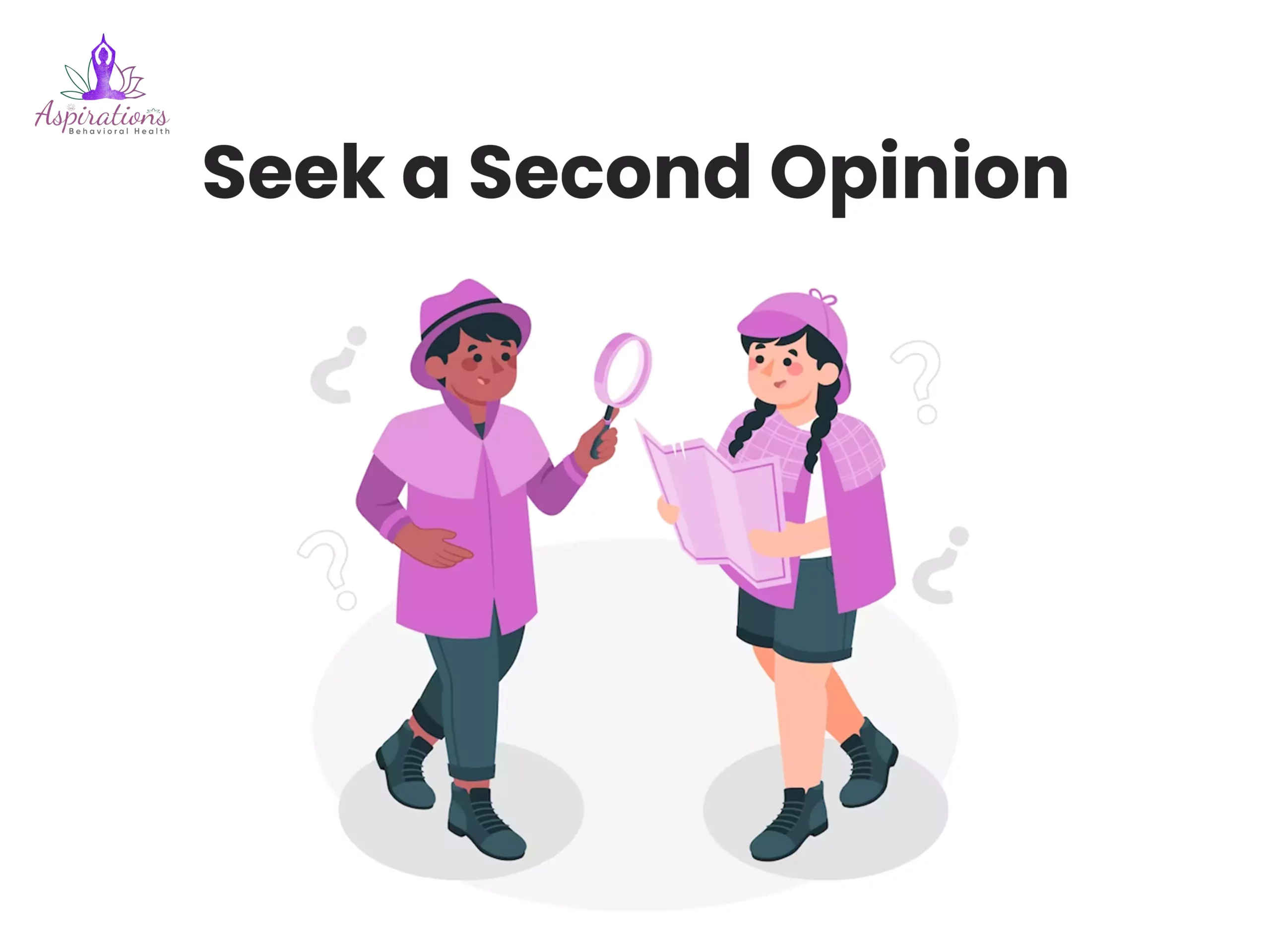
Consult with another mental health professional for a second opinion. Choose someone who specializes in the specific condition or has expertise in diagnosing and treating mental health disorders.
A fresh perspective can offer insights, alternative interpretations, or a confirmation of the initial diagnosis.
3) Open Communication:

Engage in open and honest conversations with your current mental health professional. Express your concerns, questions, and discrepancies regarding the diagnosis.
Share relevant information about your symptoms, experiences, and any factors impacting your mental well-being.
4) Request a Reassessment:
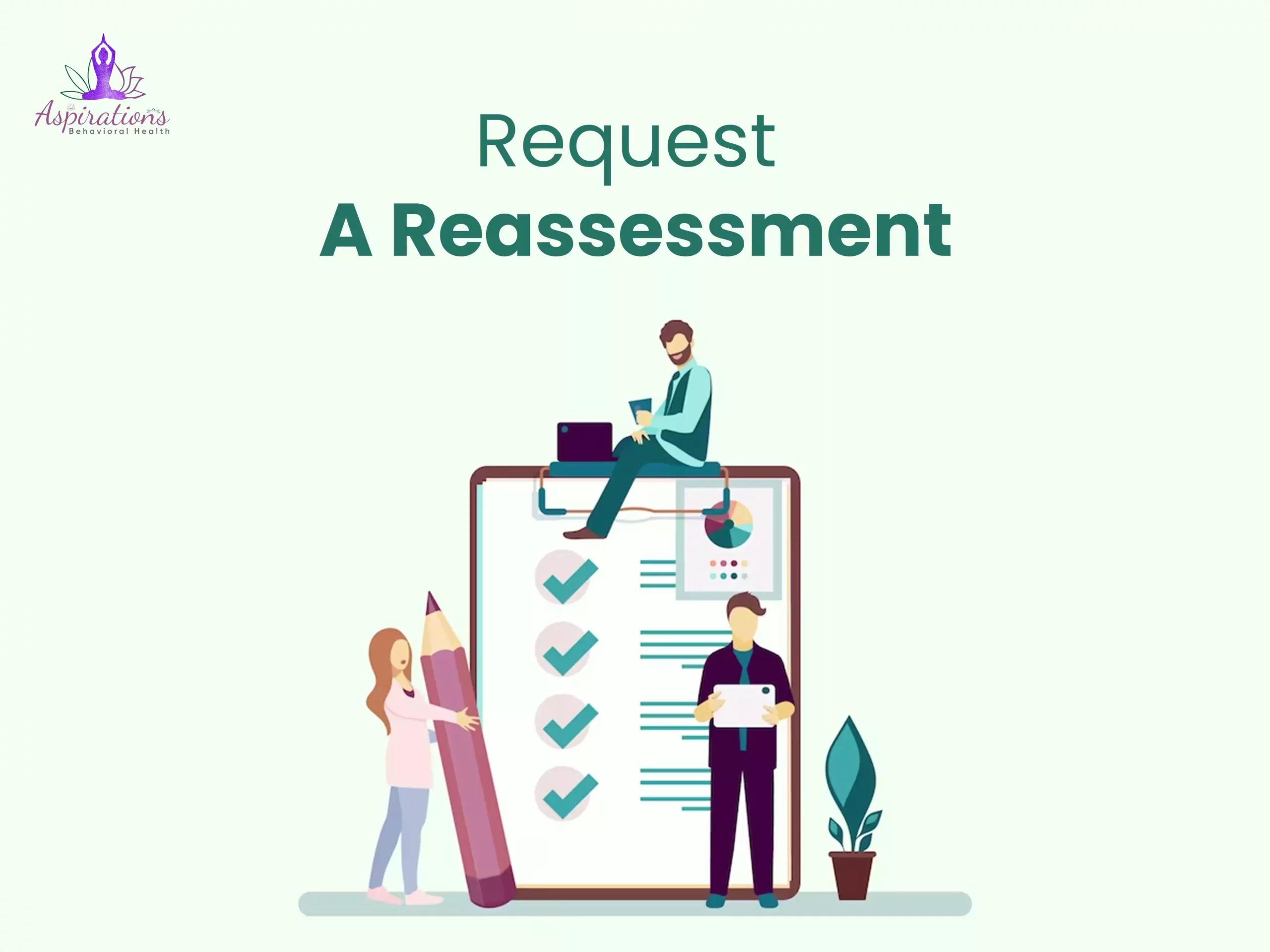
If you still disagree with the diagnosis, ask for a reassessment. This may involve additional interviews, assessments, or tests to gather more comprehensive information about your mental health. Collaborate with the mental health professional to consider all relevant factors.
5) Advocate for Yourself:

Be proactive in your own mental health care. Record your symptoms, treatment progress, and any life events affecting your well-being.
Provide this information to your mental health professional and use it to support your case for a different diagnosis.
6) Consult a Supportive Network:

Reach out to trusted friends, family members, or support groups who can provide emotional support and advice throughout the process.
They can offer different perspectives and help you navigate potential challenges.
7) Legal and Ethical Considerations:
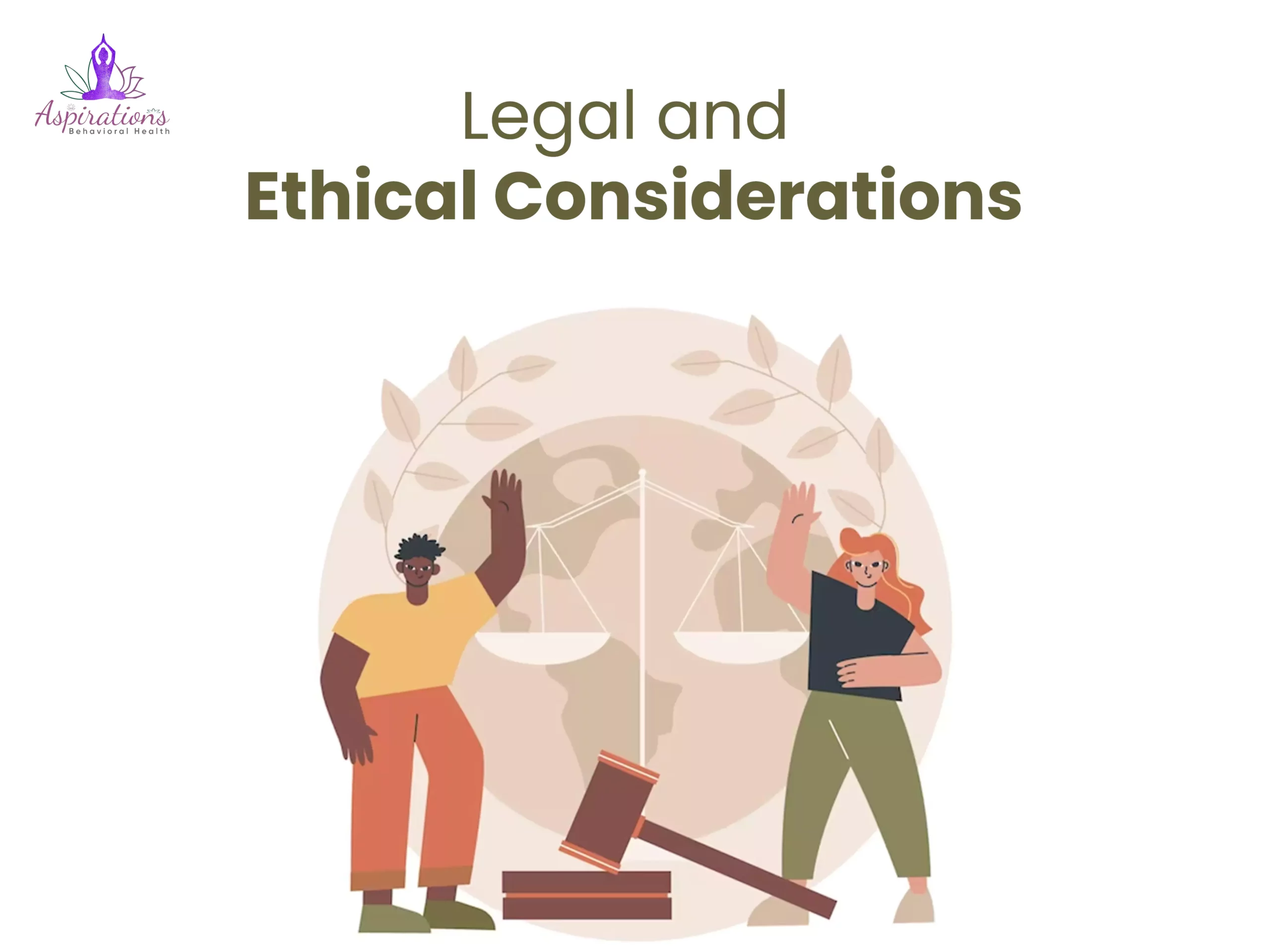
If you believe your diagnosis is incorrect or unjust, consult legal professionals or ethical committees to explore your rights and options.
Understand the laws and regulations regarding mental health diagnoses in your jurisdiction and seek appropriate guidance if needed.
Can You Reject A Mental Health Diagnosis
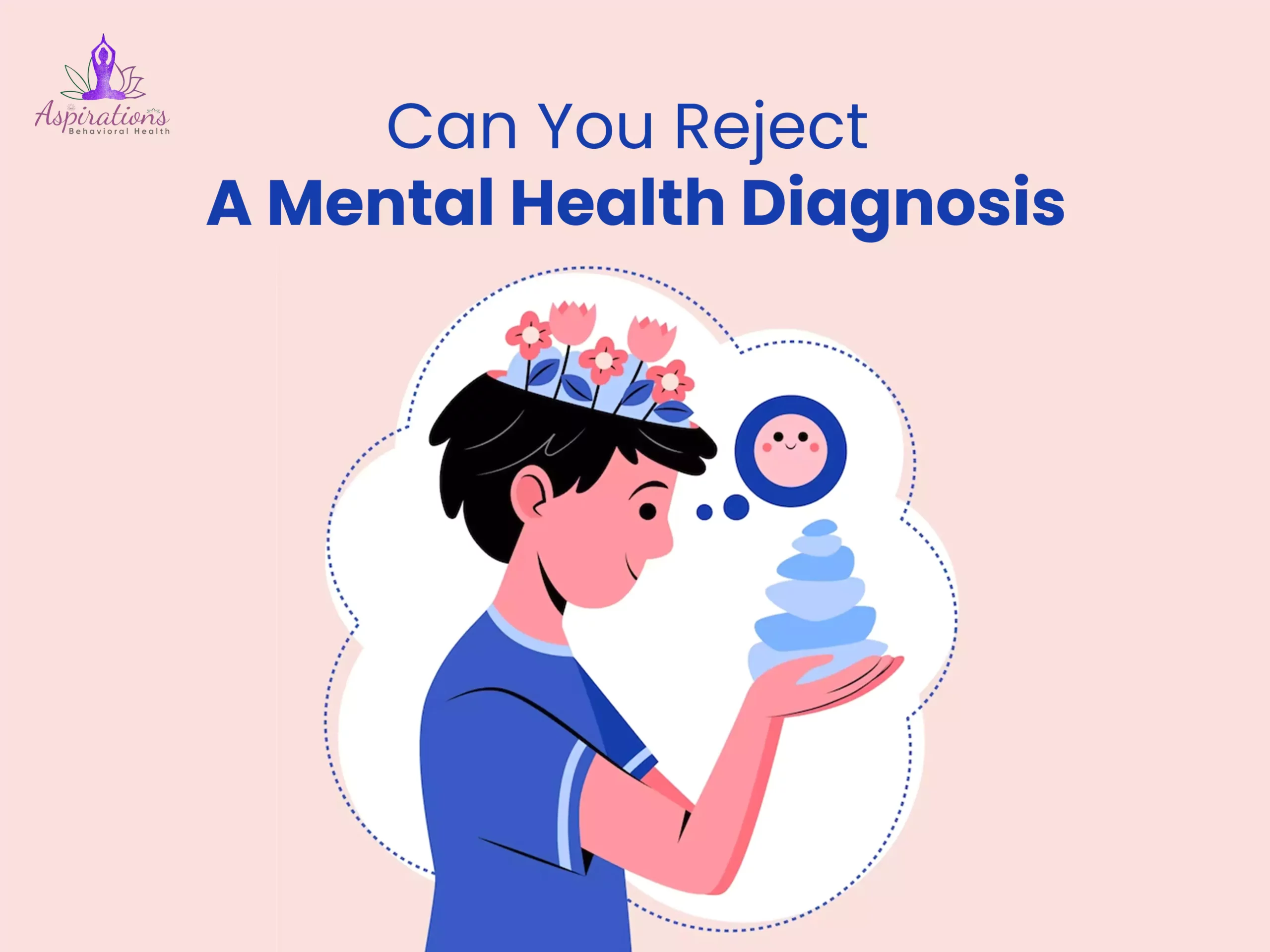
As an individual, you have the right to question or reject a mental health diagnosis that you believe is inaccurate or does not align with your experiences.
While it can be a challenging process, here are some considerations to keep in mind when rejecting a mental health diagnosis:
1) Self-Advocacy:
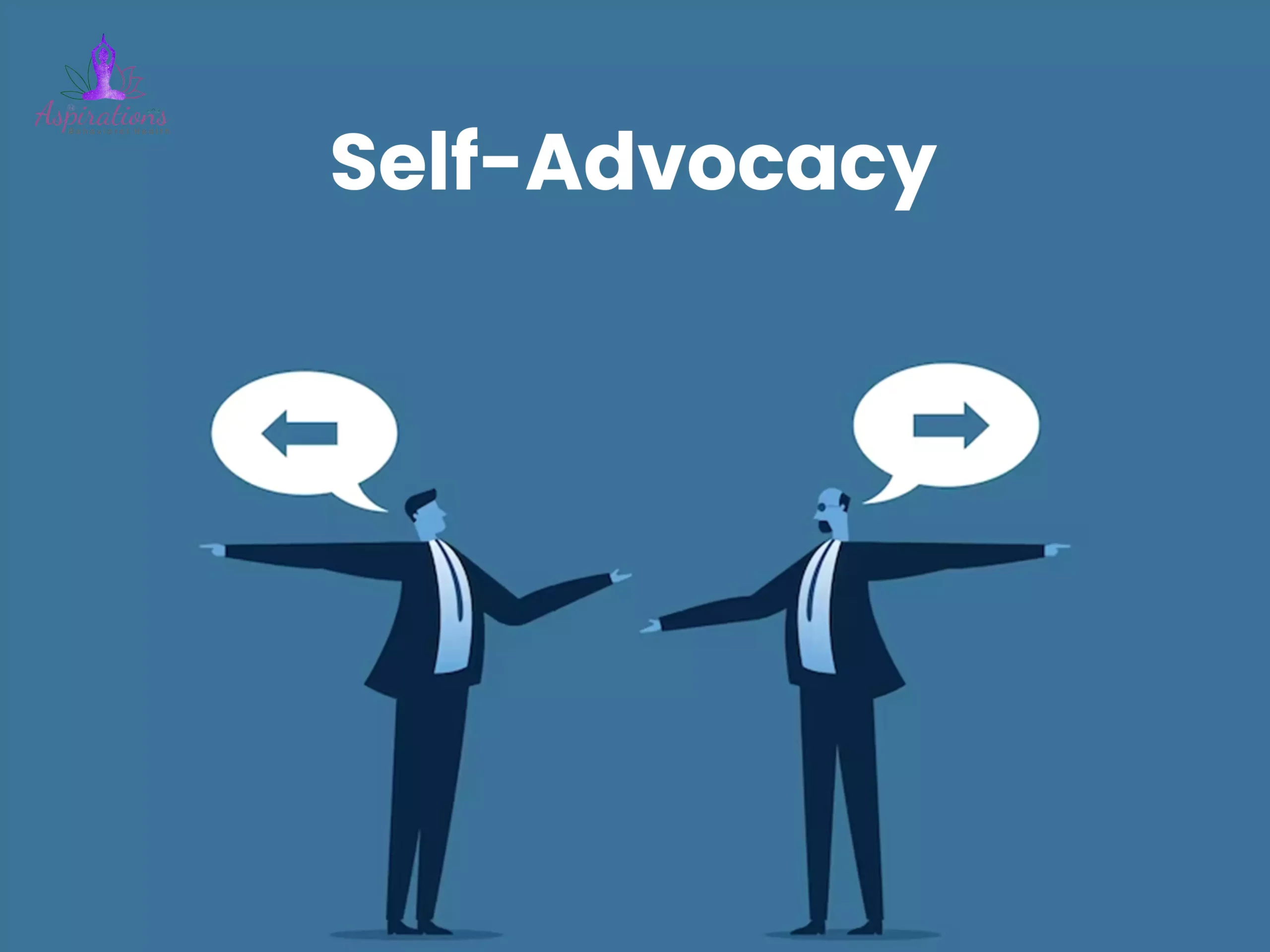
Recognize that you can advocate for your own mental health and well-being. Your subjective experiences and insights about your condition are valuable and should be respected. Trust your intuition and assertively communicate your concerns to mental health professionals involved in your care.
2) Seek a Second Opinion:

Consulting with another mental health professional can provide an alternative perspective. Find a qualified clinician who specializes in the specific condition or has expertise in diagnosing mental health disorders. Their evaluation and feedback can help validate or challenge the initial diagnosis.
3) Provide Comprehensive Information:

Be thorough in describing your symptoms, experiences, and any relevant life events that may impact your mental health.
Provide a complete picture of your condition and discuss any discrepancies or concerns you have regarding the initial diagnosis. Clear communication is essential for an accurate assessment.
4) Collaborative Decision-Making:

Engage in open dialogue with your mental health professional. Seek to establish a collaborative relationship where decisions are made together, taking into account your perspective and expertise. Discuss treatment options, alternative diagnoses, and potential reassessments.
5) Gather Supporting Evidence:

Record your symptoms, treatment history, and any information supporting your case for an alternative diagnosis.
This can include medical records, therapy notes, personal journals, or feedback from other healthcare providers. Evidence-based information can strengthen your position and provide a basis for discussion.
How To Get A Diagnosis Removed From Medical Records
Removing a diagnosis from your medical records can be challenging, as medical records are considered legal documents. However, there are steps you can take to address concerns or inaccuracies related to a diagnosis in your medical records or be it removing depression from your medical records:
1) Review Your Medical Records:
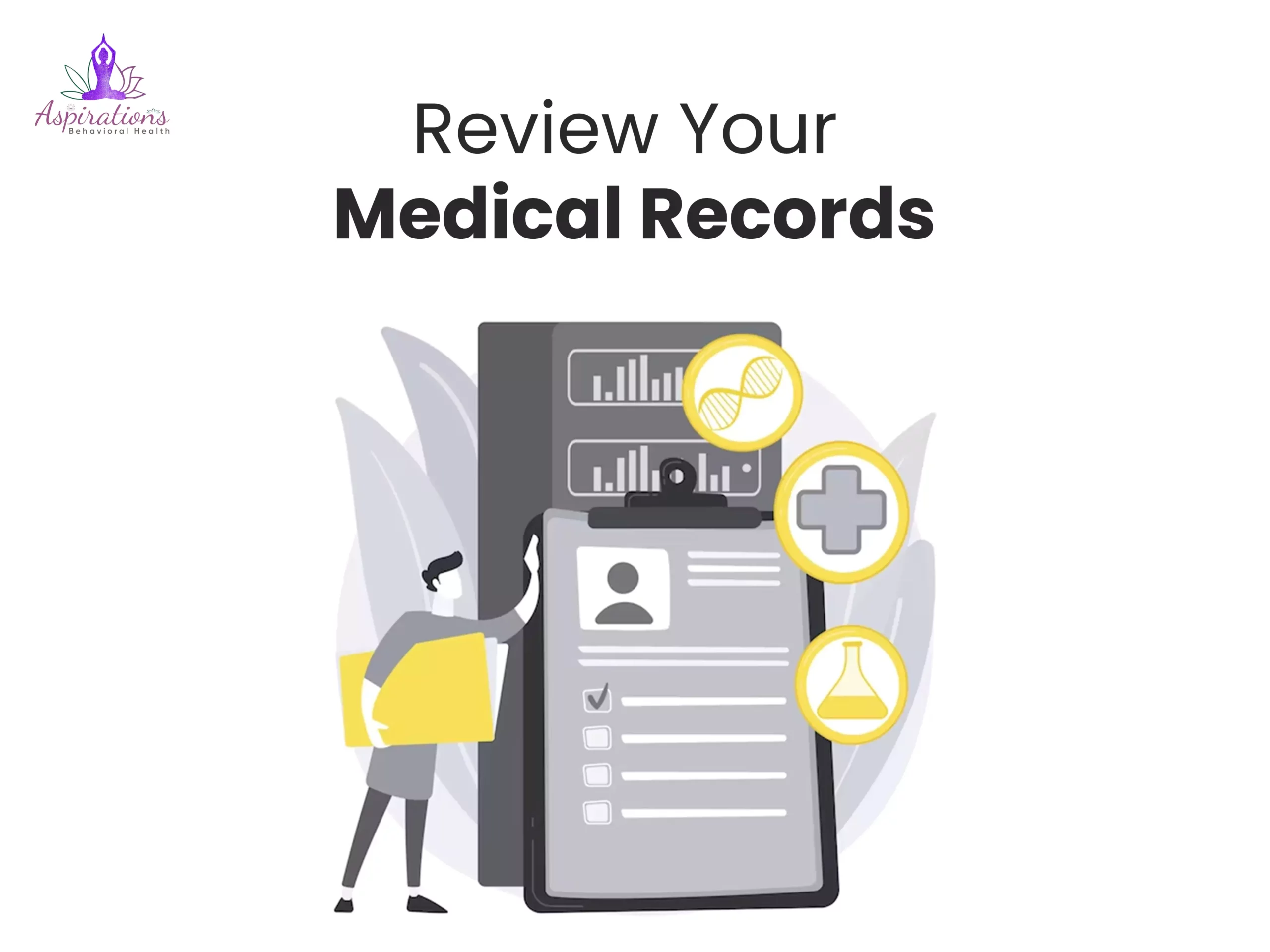
Obtain a copy of your medical records from the healthcare provider or facility that holds them. Carefully review the records to identify the specific diagnosis you wish to have removed or amended.
2) Understand Privacy Laws:
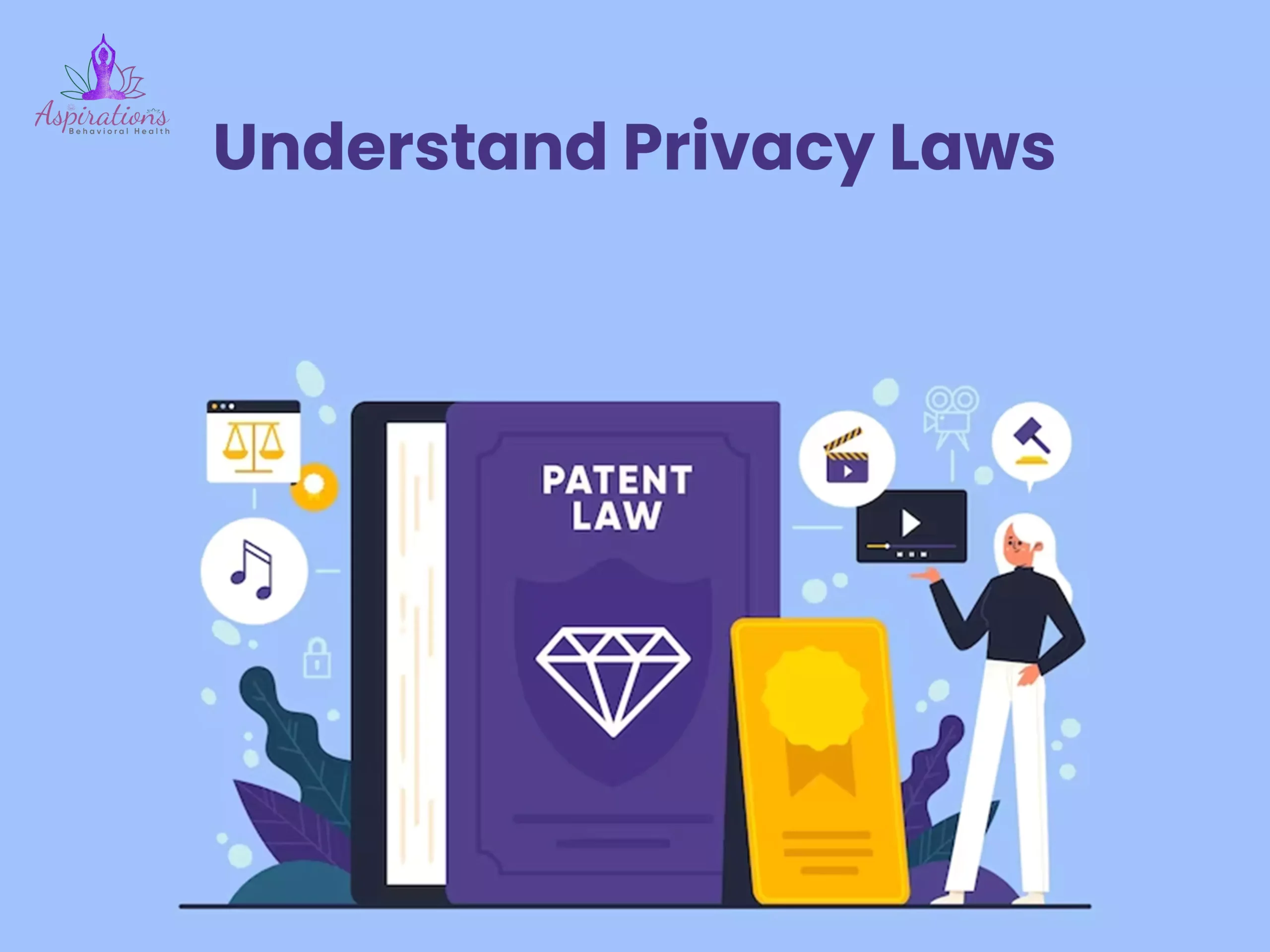
Familiarize yourself with your jurisdiction’s privacy laws and regulations. In some cases, you may have the right to request changes or amendments to remove mental health records if you believe they are inaccurate, incomplete, or misleading.
3) Contact Your Healthcare Provider:

Contact the healthcare provider or facility that generated the medical records containing the diagnosis you wish to address. Explain your concerns and request a meeting or discussion with the appropriate healthcare professional to discuss the issue.
4) Provide Supporting Evidence:

Present any supporting evidence or information that challenges the accuracy of the diagnosis in question.
This can include medical opinions from other healthcare professionals, documentation of alternative diagnoses, or information about treatments or therapies that have influenced your condition.
5) Request an Amendment:

Depending on the laws and policies in your jurisdiction, you can request an amendment to your medical records. This typically involves submitting a formal written request stating the specific changes you seek and providing supporting evidence.
6) Consult Legal Professionals:

If your concerns are not adequately addressed through direct communication with your healthcare provider, you may consult legal professionals specializing in healthcare or medical records privacy. They can guide you through the legal options and procedures available to you.
Can A Diagnosis Of Autism Be Removed
The diagnosis of Autism Spectrum Disorder (ASD) typically represents a lifelong condition. However, in some cases, an individual’s symptoms and characteristics may change, leading to a reassessment of the diagnosis.
While it is rare for the diagnosis of autism to be completely removed from medical records, it can be revised or adjusted based on new information or a change in presentation.
Here are some factors to consider:
1) Reevaluation and Reassessment:
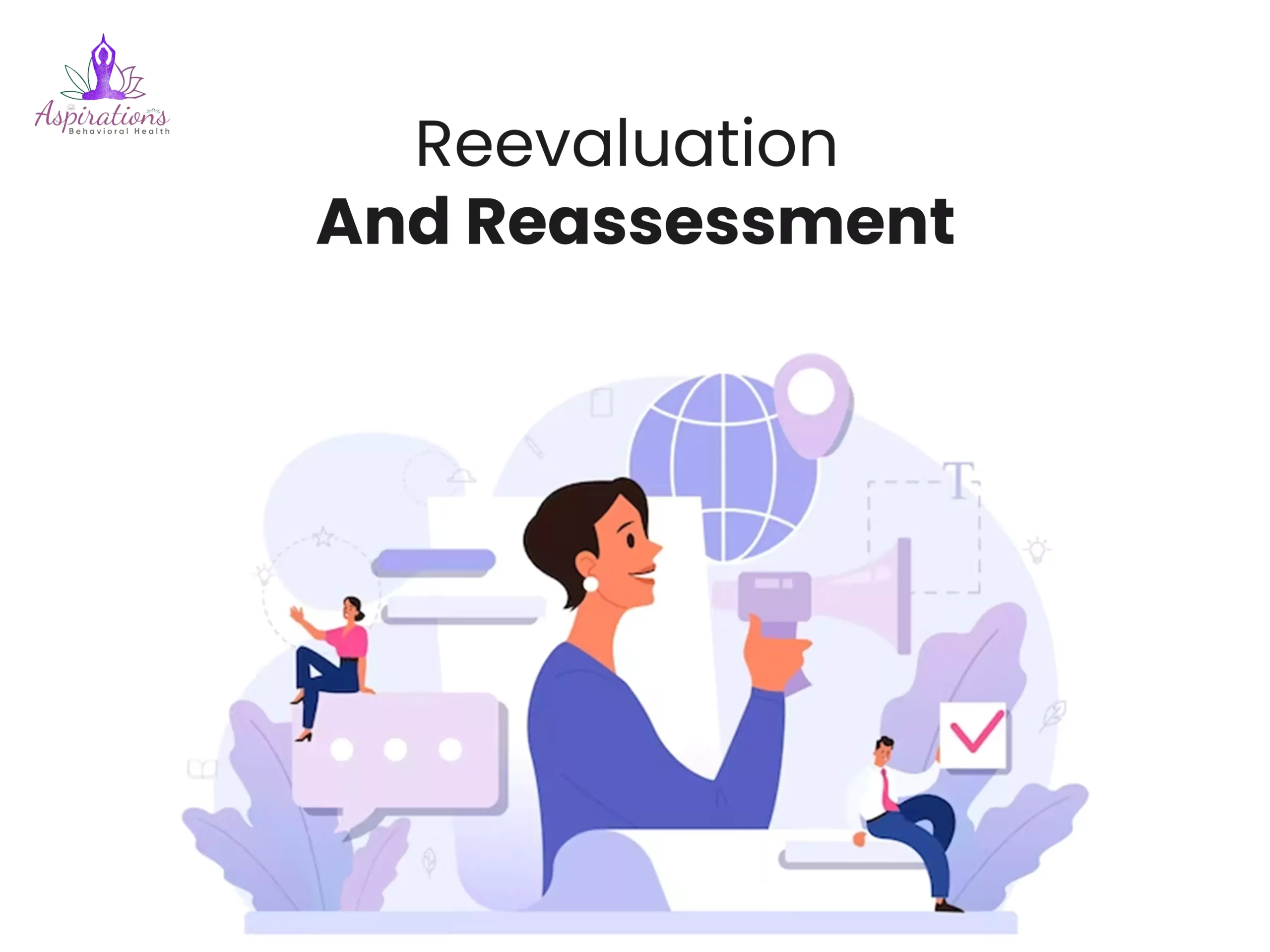
As individuals with autism grow and develop, their symptoms and functioning can evolve.
Regular reassessment by qualified professionals can help determine if the original diagnosis still accurately represents the individual’s current experiences and challenges.
2) Symptom Improvement:
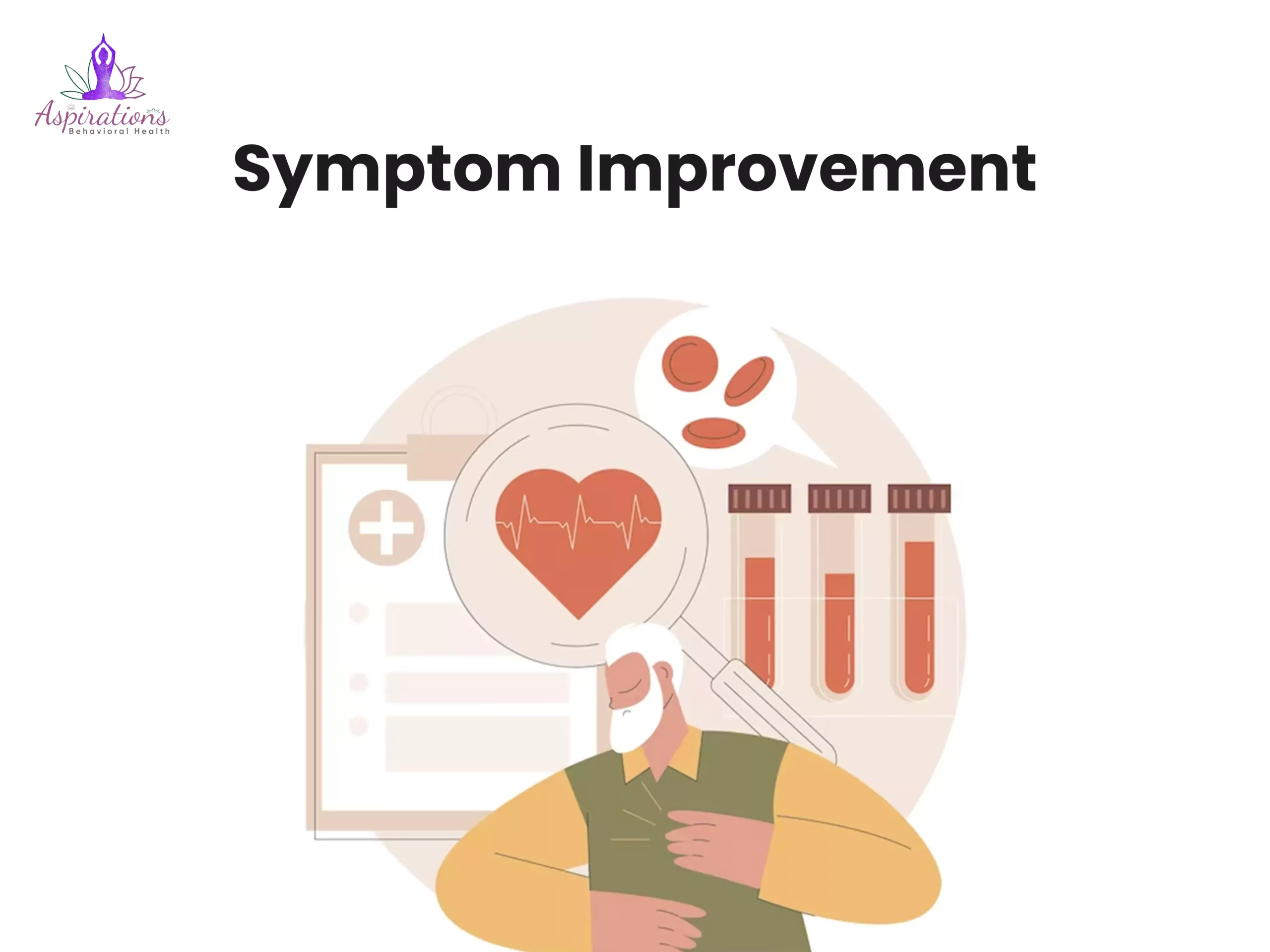
With appropriate interventions, therapies, and support, individuals with autism can experience significant improvements in their symptoms and adaptive functioning.
If an individual’s symptoms become less severe or no longer meet the diagnostic criteria for ASD, a professional may consider adjusting or revising the diagnosis.
3) Co-occurring Conditions:
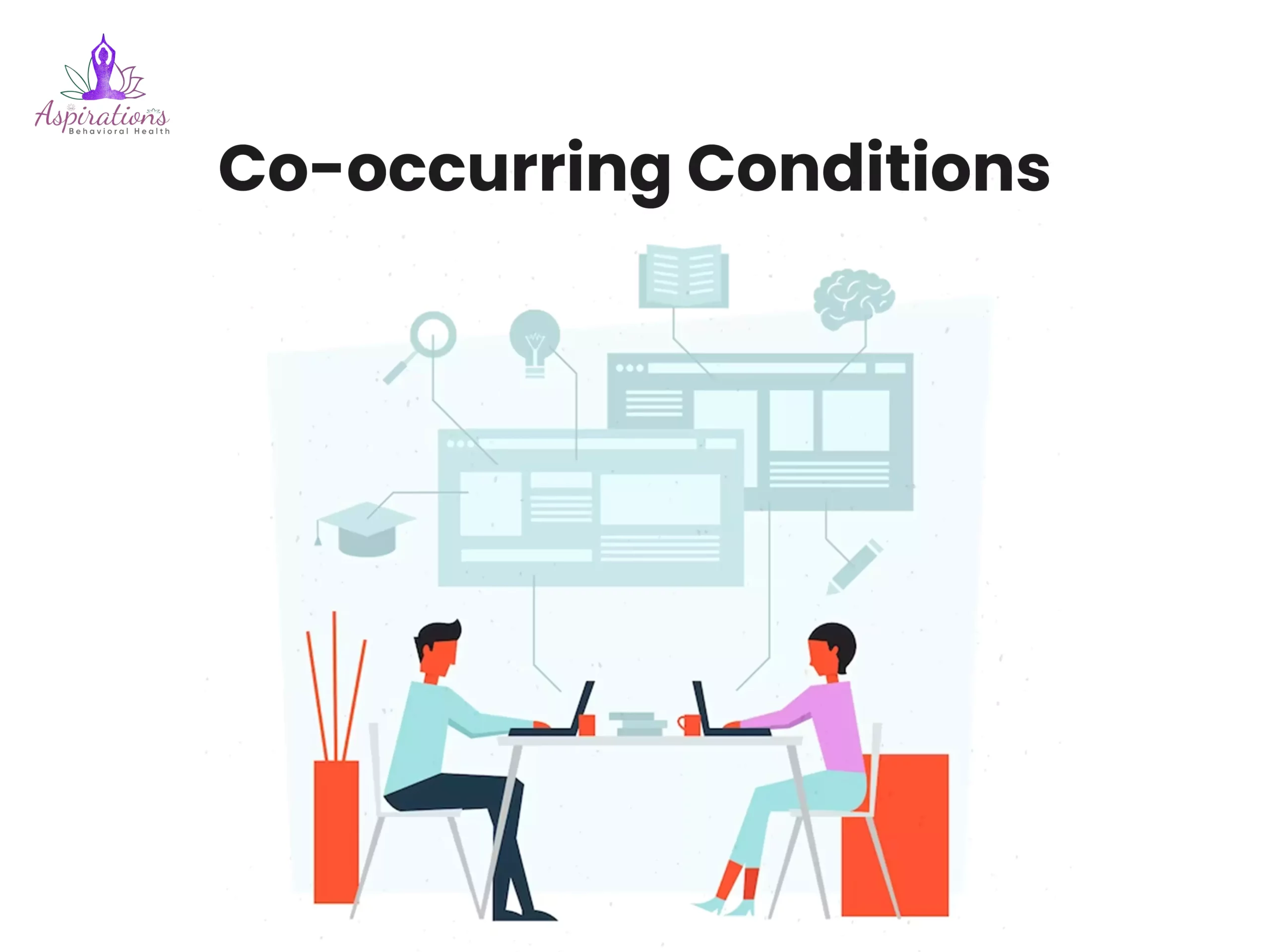
Some individuals may initially receive an autism diagnosis, but further evaluation and assessment may reveal that their symptoms are better explained by a different or combination of conditions.
In such cases, the autism diagnosis may be reconsidered or modified to reflect a more accurate understanding of the individual’s condition.
Can Bipolar Diagnosis Be Reversed
Bipolar disorder is a chronic mental health condition characterized by periods of manic episodes and depressive episodes. At the same time, the diagnosis of bipolar disorder is typically considered a lifelong condition.
There are instances where the diagnosis may be revised or adjusted based on new information, treatment outcomes, or symptom changes.
Here are some important factors to consider:
1) Accurate Assessment and Diagnosis:
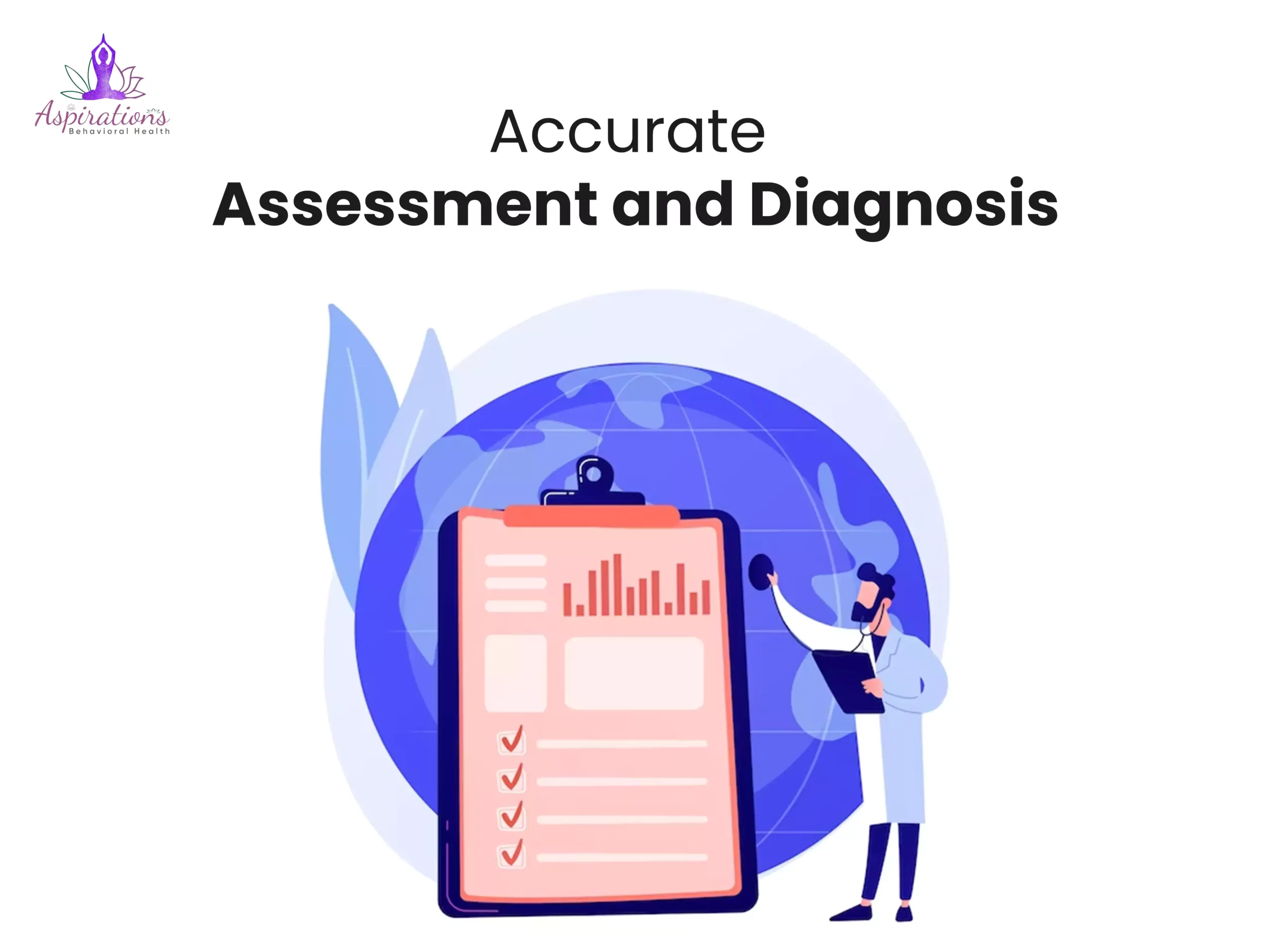
An accurate diagnosis of bipolar disorder relies on thoroughly evaluating an individual’s symptoms, history, and experiences.
It is essential to consult a qualified mental health professional specializing in mood disorders to ensure an accurate assessment.
2) Treatment and Symptom Management:

Effective treatment and symptom management can play a significant role in bipolar disorder.
With appropriate medications, therapy, and lifestyle changes, individuals with bipolar disorder may experience improved symptom control, stabilization, and reduced severity of mood episodes.
3) Periods of Remission:
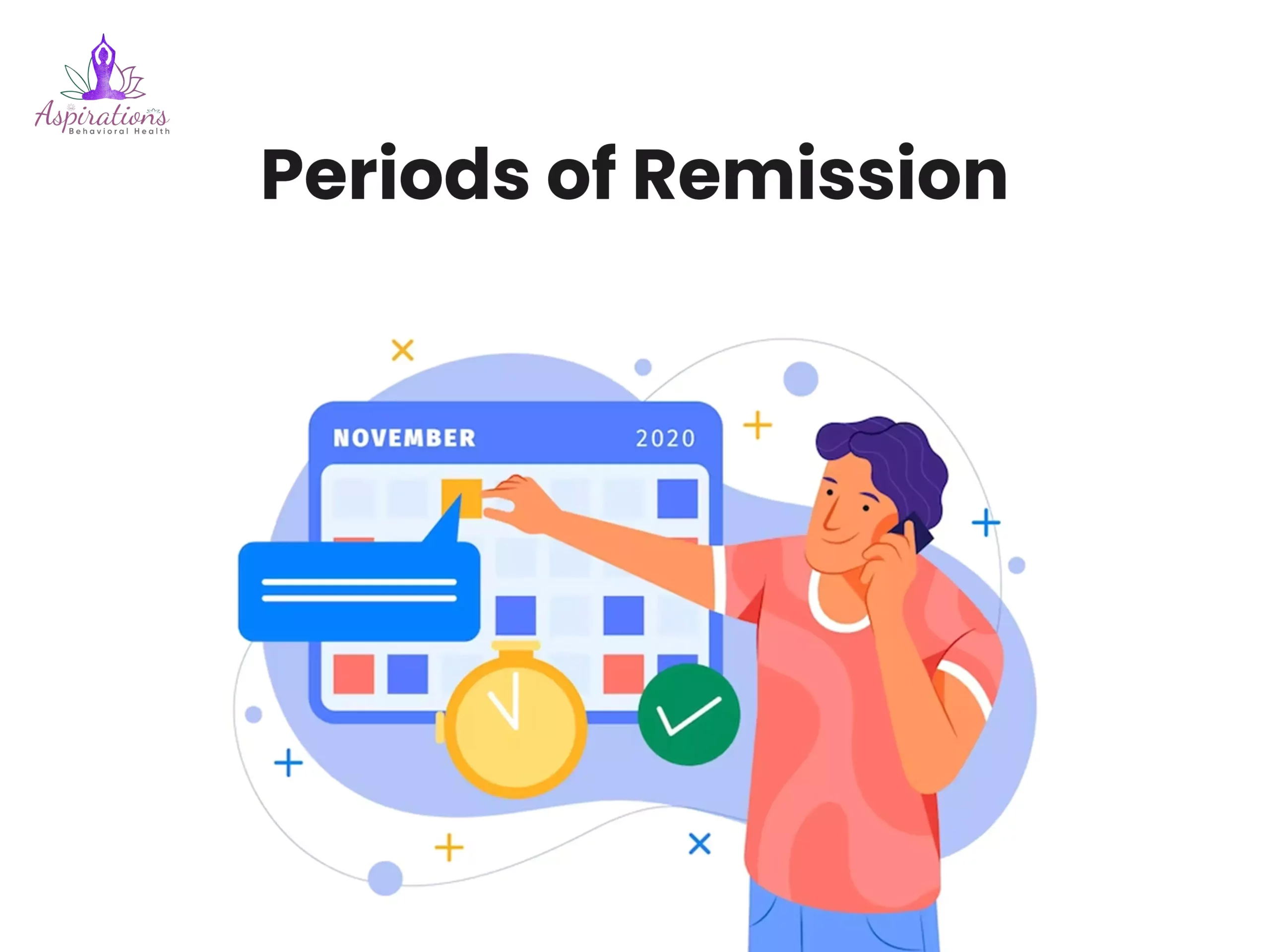
Some individuals with bipolar disorder may experience long periods of remission with minimal or no symptoms. In such cases, a mental health professional may consider revising the diagnosis if the individual no longer meets the diagnostic criteria for bipolar disorder.
4) Co-occurring Conditions:
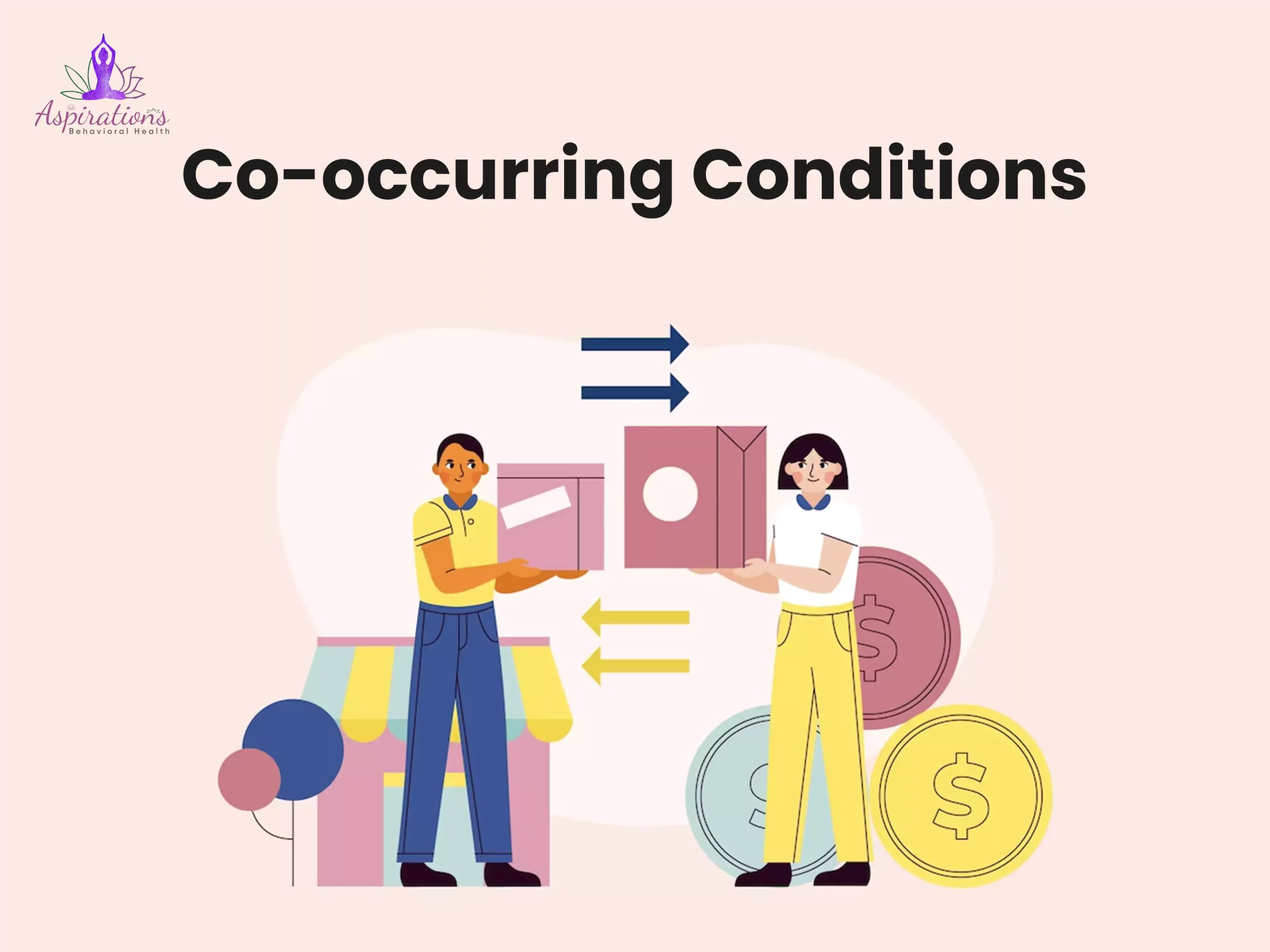
Bipolar disorder often coexists with other mental health conditions, such as anxiety or substance use disorders.
If a thorough evaluation reveals that another condition or combination of conditions can better explain an individual’s symptoms, the diagnosis of bipolar disorder may be reconsidered or modified.
5) Ongoing Monitoring and Evaluation:
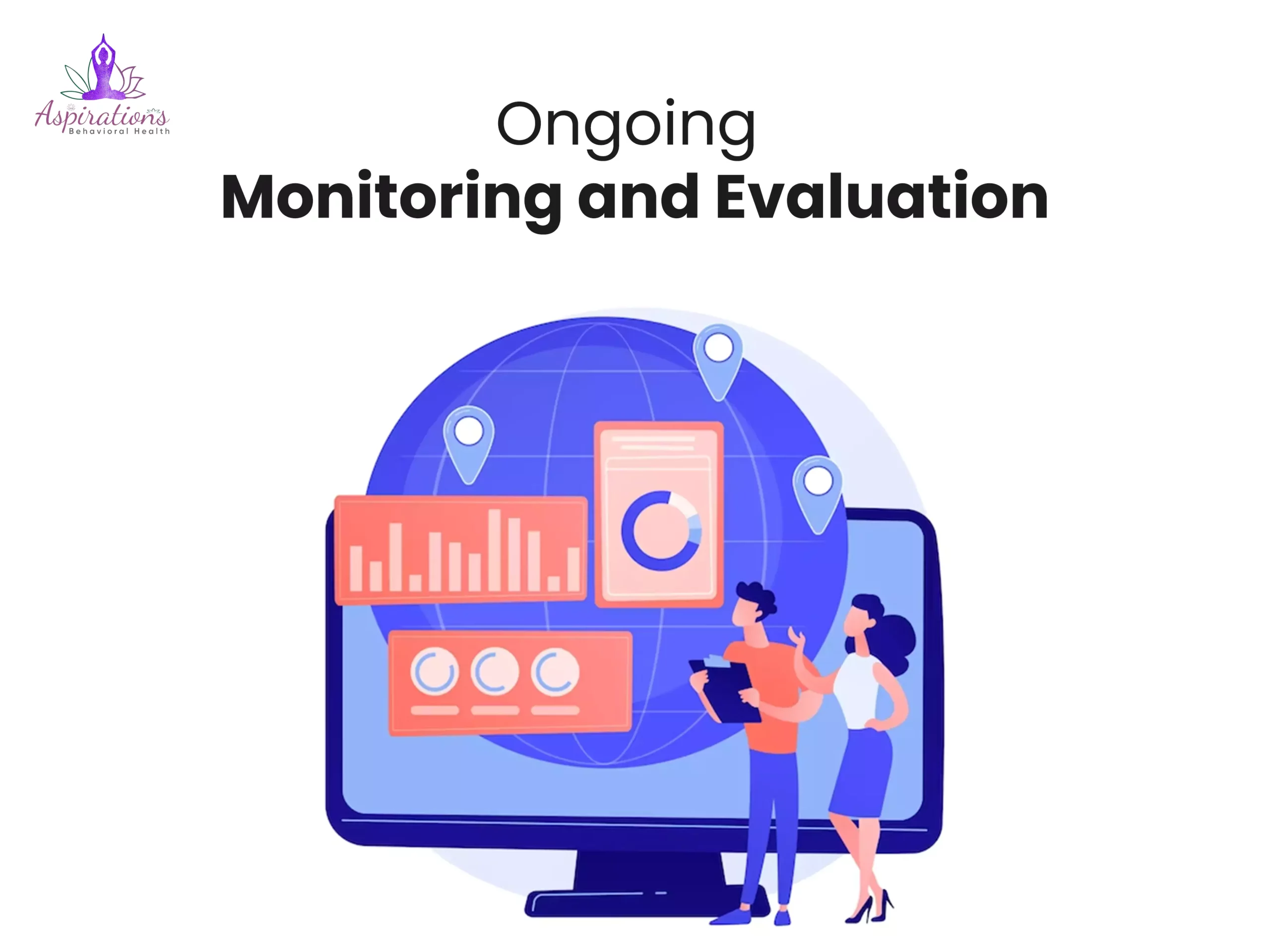
Regular monitoring and evaluation of symptoms, treatment response, and overall functioning are crucial for individuals with bipolar disorder.
Ongoing assessment can help determine if adjustments to the diagnosis or treatment plan are necessary based on the individual’s current experiences and needs.
Conclusion
While a mental health diagnosis is typically considered a long-term or lifelong condition, it can be revised, adjusted, or even removed in certain circumstances.
Reassessment, treatment outcomes, symptom improvement, and changes in presentation may influence the decision to modify or remove a diagnosis.
Collaboration with qualified professionals, open communication, and ongoing monitoring is essential in ensuring accurate diagnoses that align with an individual’s current experiences and needs.
Remembering that the goal is to provide appropriate support and treatment based on an individual’s unique circumstances is important.


